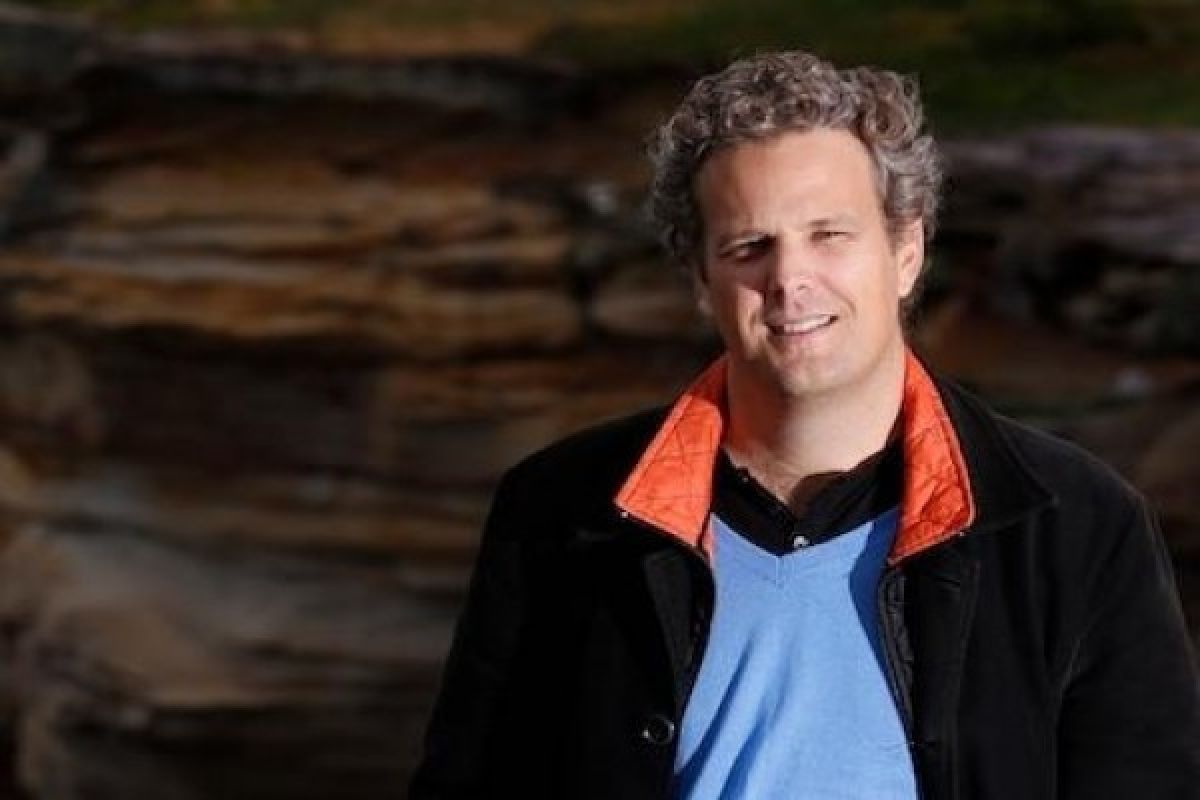They don`t even know where their predators are."Sydney (ANTARA News) - Global fish populations risk becoming disorientated in the worlds oceans if ocean acidification continues to climb at its current rate, Australian marine researchers are warning.
In a worlds first analysis, researchers from the University of New South Wales (UNSW) found that if atmospheric carbon dioxide continues to rise, fish and other marine animals will experience episodes "intoxication", or hypercapnia, by 2050, much earlier than predicted.
The hypercapnia phenomenon is predicted to occur when atmospheric concentrations of carbon dioxide exceed 650 parts per million, causing fish to suffer the effects of intoxication and essentially become lost at sea, the studys lead author Dr Ben McNeil from UNSWs Climate Change Research Center said on Thursday.
"The carbon dioxide affects their brains and they lose their sense of direction and ability to find their way home," McNeil said in a statement.
"They dont even know where their predators are."
Published in the scientific journal Nature, the researchers utilized a global database of seawater carbon dioxide concentrations collected by various oceanographic programs over 30 years to work out natural variations.
"This allowed us to predict for the first time that these natural oscillations will be amplified by up to tenfold in some regions of the ocean by the end of the century, if atmospheric carbon dioxide concentrations continue to rise," study co-author Dr Tristan Sasse said.
The results show creatures in up to half of the worlds surface oceans will be experiencing the effects of hypercapnia, having "massive implications for global fisheries and marine ecosystems across the planet," McNeil said as Xinhua reported.
The resulting psychosocial and behavioural impacts could have extensive implications for fish population rejuvenation and recruitment, community structure and marine ecosystem function.
"It is still really unknown how this will manifest in the future ... but its a bit of a wake-up call for commercial fisheries [who will] have to manage this, because it is going to be likely quite a big problem," McNeil said.
Editor: Priyambodo RH
Copyright © ANTARA 2016












